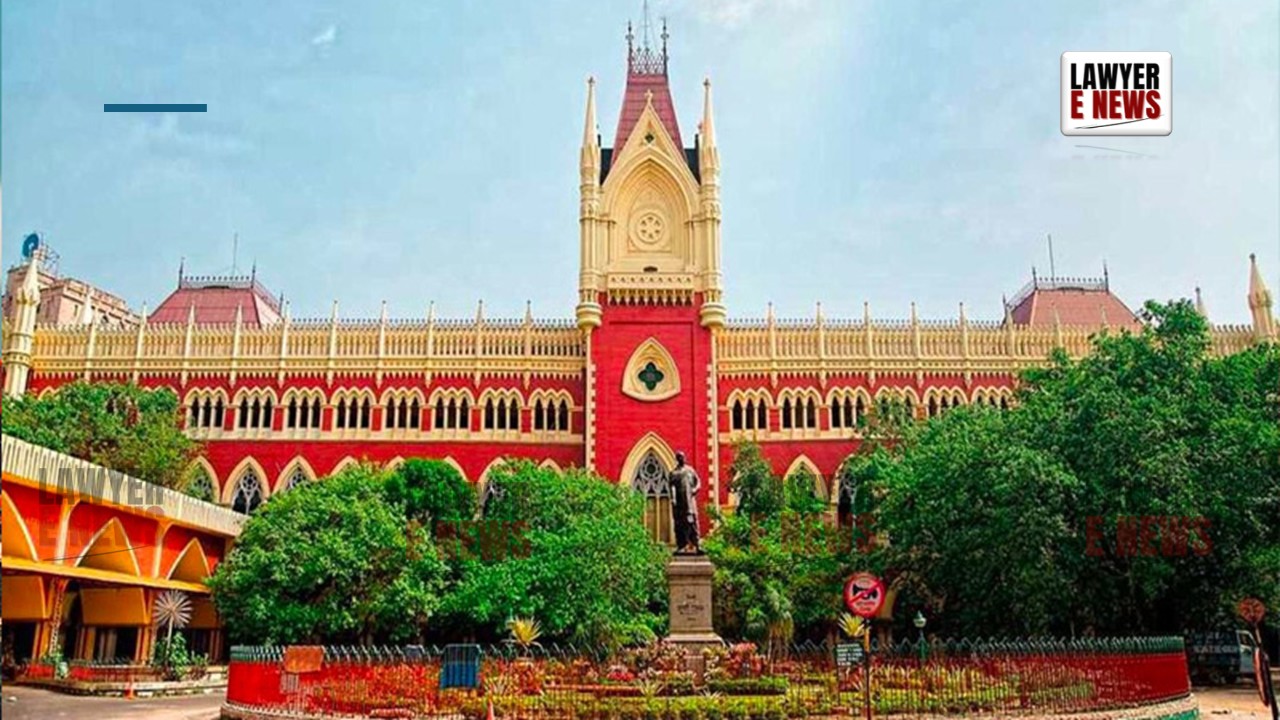-
by Admin
15 February 2026 5:35 AM



Calcutta High Court dismissed a writ petition challenging the acquisition of their ancestral land in Kasba, Kolkata. Justice Hiranmay Bhattacharyya ruled that the petition was an attempt to reopen issues settled in a prior writ petition and reiterated that repeated litigation undermines judicial processes and is impermissible under law.
The petitioners sought to invalidate acquisition proceedings initiated decades ago under the West Bengal Land (Requisition and Acquisition) Act, 1948, claiming non-service of notices and denial of due compensation. However, the Court held that the issues had already attained finality in earlier litigation and refused to entertain the matter further.
The dispute concerns two plots of land requisitioned between 1976 and 1992 and later acquired by the state government. The petitioners, heirs of Kishori Rani Paul, argued that no notice was served under Section 3(2) of the 1948 Act and that their late mother never received compensation. They alleged procedural lapses, including joint awards without proper apportionment, and sought a writ of mandamus to release the land from acquisition.
However, the Court found that Kishori Rani Paul had filed a writ petition in 2006 raising similar grievances. That petition was resolved by directing authorities to clarify acquisition details. Subsequent orders issued in 2007 affirmed that compensation had been deposited and proper procedures followed.
The Court strongly criticized the petitioners for failing to disclose the earlier litigation initiated by their mother and subsequent compliance by the authorities. Justice Bhattacharyya observed, “The writ petitioners suppressed relevant facts and misled the Court into believing that the issues remained unresolved. Such conduct amounts to an abuse of judicial process.”
The Court relied on precedents, including Dalip Singh v. State of Uttar Pradesh and S.J.S. Business Enterprises v. State of Bihar, to underline the principle that litigants who withhold material information cannot seek equitable relief. The judgment noted that the 2007 orders and the awards under challenge were never contested during Kishori Rani Paul’s lifetime, allowing them to attain finality.
The Court emphasized that parties cannot expand the scope of earlier writ petitions through subsequent litigation. Justice Bhattacharyya stated, “The writ petitioners are effectively attempting to reopen settled issues by introducing new grounds. This practice is impermissible and contrary to established legal principles.”
Citing Antonetto John D’Souza v. Aldila Braganza, the Court held that subsequent petitions cannot enlarge the scope of orders issued in prior proceedings. It further observed that challenges to compensation apportionment or the validity of joint awards should have been addressed earlier, not decades later.
The Court dismissed the writ petition, reiterating that judicial resources cannot be expended on redundant litigation. It upheld the validity of the acquisition proceedings, noting that no substantive evidence was produced to support the petitioners’ claims of procedural irregularities.
While declining to impose costs, the Court warned against future attempts to misuse judicial processes. The judgment reaffirms the principle that litigants must disclose all relevant facts and respect the finality of judicial orders.
Date of Decision: November 21, 2024.
